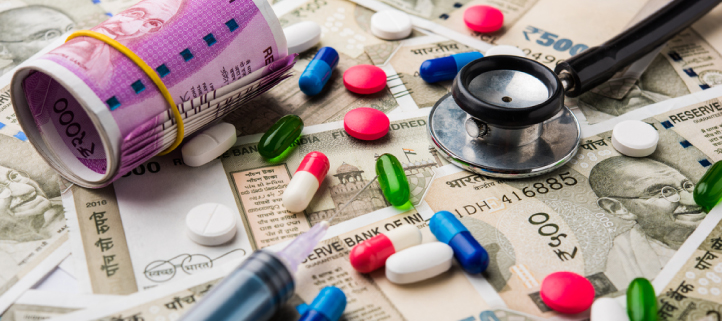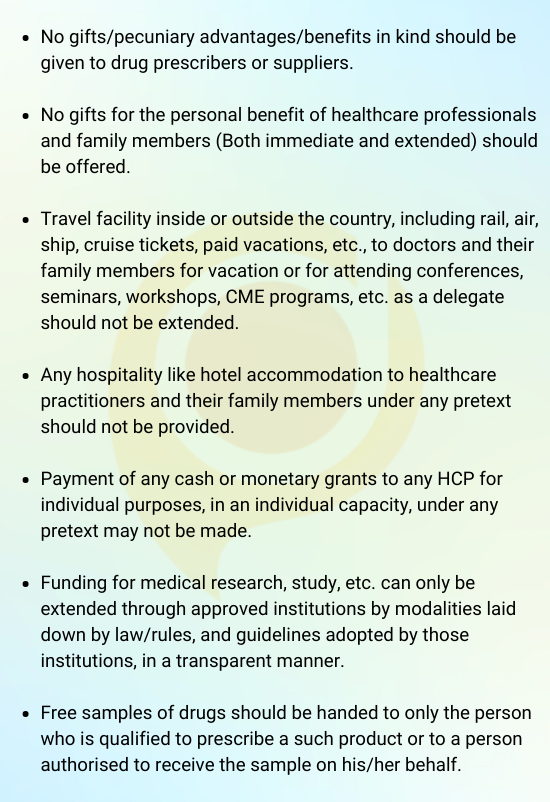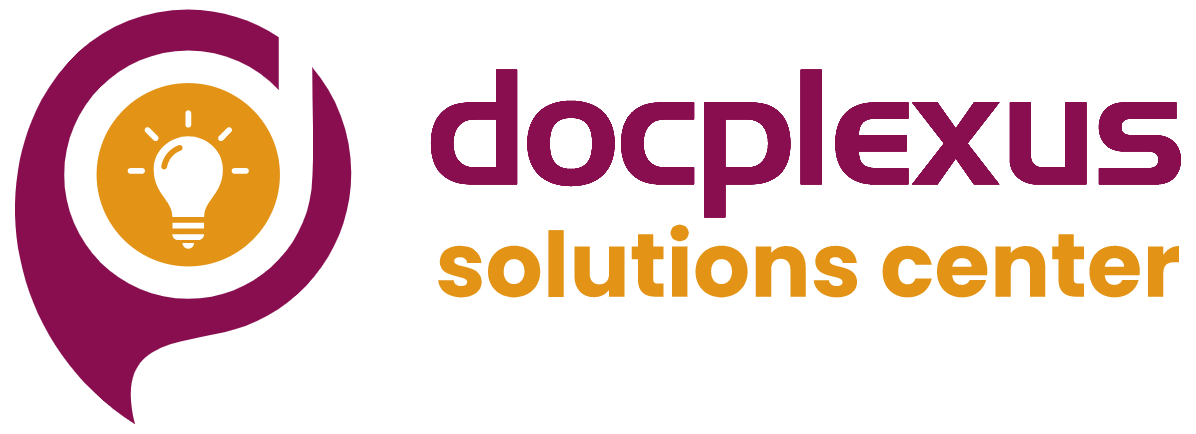
In the recent past, two news stories renewed the debate over the lack of ethics in the Indian pharma industry’s marketing practices. The first one questioned the government’s association with the ‘Global HealthCare Summit’, a medical conference organized by the American Association of Physicians of Indian Origin (AAPI), as it was sponsored by drug manufacturers. The second and the more recent one was that of pharma companies offering incentives and freebies to doctors on bulk orders of children’s vaccines at the 54th PEDICON conference.
In both cases, it was alleged that pharma had adopted unfair means of engaging with the medical community. Once highly respected for promoting better health by making life-saving drugs, pharma companies across the world are now facing severe criticism for placing profits over patients’ best interests through unethical marketing practices.
The most worrisome consequence is the weaning trust of society at large. Discussions abound over how freebies and gifts given to HCPs are added to the marketing costs, ultimately driving up drug prices. Recent news states that Pharma incentives make up over 20% of total drug costs. Such unethical promotions are also linked to over-prescription by doctors, ultimately compromising patient health.
The US government addressed this problem in 2013, through the ‘Sunshine Act’, a federal regulation that enforces drug and medical device manufacturers to disclose every transfer of value from them to physicians and teaching hospitals. Following this, most EU countries have either created their own versions of the Sunshine Act or strengthened the already-existing laws.
In India, The MCI (Medical Council of India) issued clear guidelines on ethical practices in 2009.
MCI Regulations on Ethics

However, these guidelines are binding on doctors but not the Pharma industry. This lacuna was addressed in 2011 when the Department of Pharmaceuticals (DoP) established a voluntary Uniform Code of Pharmaceutical Marketing Practices (UCPMP) to promote ethical marketing practices. Click here to know more about the 6 key UCPMP guidelines.
Key Features of Current UCPMP Guidelines

It has been found that most Pharma practices do not adhere to these voluntary guidelines, necessitating a stricter approach. The Government of India is acting fast, putting caps on drug prices and pushing for the voluntary code to be made into the UCPMP Act. Given its decisiveness (demonetization and GST being a case in point), it may not be long before the UCPMP Act is brought into effect.
When this happens, pharma marketers could feel severely restrained their promoting their products. Rather than wait till then, it would be better if pharma proactively embraces better (read ethical) ways of marketing drugs and medical devices to doctors.
Digitization – The Best Route to Ethical Pharma Marketing
• Partnering rather than selling – Pharma needs to shed its image of trying to drive prescriptions by enticing physicians with freebies or other forms of compensation and reinvent itself as a partner in delivering better healthcare. Digitization establishes multiple touchpoints for pharma to engage with physicians as a partner.
• Ensuring transparency – Pharma has been facing a lot of flak for underplaying the side effects of some drugs. Therefore, it should make all data (whether positive or negative) of clinical trial results accessible online and market only the approved drugs.
Another favorable move would be to declare on the company website, all payments made to doctors for services availed during clinical trials. While these steps may have an adverse effect on revenues in the short run, they will lend credibility for the future. Moreover, they will prevent huge losses in case of legal action for incomplete disclosure. An example was set by Pfizer in the U.S. when it started making public all payments made to physicians long before the Sunshine Act was enforced.
• Adding value through information and knowledge – Doctors find it easier to attend online courses from their clinics or homes, rather than go through the hassles of attending a seminar at another location. Pharma can help doctors upgrade themselves by sending details on various online courses being conducted and helping them register for such courses.
Marketers could conduct online surveys and polls for assessing the information gap and create opportunities to fill it. Product videos could be sent to doctors explaining in detail how the drug or medical device works. These may be accessed by doctors any number of times as needed, using digital media. Advancements in Augmented Reality (AR) hold huge potential for educating the medical community. Apart from information on drugs, Pharma can also send real-time updates to doctors on healthcare policies and medico-legal issues using digital means.
• Recognizing doctors’ achievements – Patients and doctors often go online to read up on specialists who are renowned in their field of practice. Pharma can help such thought leaders and achievers build a solid online persona by posting their video interviews or having them conduct educational webinars on new medical procedures.
• Addressing doctors’ changing information needs – Doctors’ lives are getting busier and have diminishing space for sales rep visits during consultation hours. Moreover, in this age of access to real-time online information, the significance of MR meetings has reduced. The disinterest increases when MRs lack sufficient knowledge about the drug and its workings. This calls for revising the nature of these meetings.
Digital tools can enhance the value of MR visits. If the drug is introduced to the doctor digitally before the MR visit, the interaction can be more fruitful as during their limited time with the doctors, the MRs could address specific queries related to the drug rather than merely giving an overview.
Doctors are not inclined to read long reports having complex statistics on clinical trials. Rather, there is a rising preference for consuming short content that delivers only the key insights. Pharma can present concise updates about their drugs through email alerts.
• Social Media Branding – Nobody can deny the power of online networks for brand building. By 2022, over 258 million Indians are estimated to be on social networking platforms. As per Docplexus’ survey on online habits of Indian doctors, the medical community too is warming up to exclusive online portals which enable networking with peers and seniors.
Such online networks are a great way for pharma to rebuild its image by communicating its ethical practices to a large target audience. The interactive nature of social media also helps pharma to assess the impact of its efforts through qualitative and quantitative feedback.
• Neutral setting – Digitization allows pharma to use third-party networking platforms for engaging with the medical community. This is the best way to ensure ethics in marketing as it eliminates all bias.
Apart from the above-mentioned benefits, digitization enables closed-loop marketing by letting pharma measure the results of its marketing campaigns and take necessary corrective action.
The Indian pharma industry has been following the same old marketing practices for over 20 years. These are proving to be outdated and ineffective in today’s times. Moreover, they may soon be deemed illegal. Digital marketing appears to be a panacea for most of pharma’s marketing woes. It will not only contribute to an image makeover but also help pharma secure itself a sustainable marketing model.
